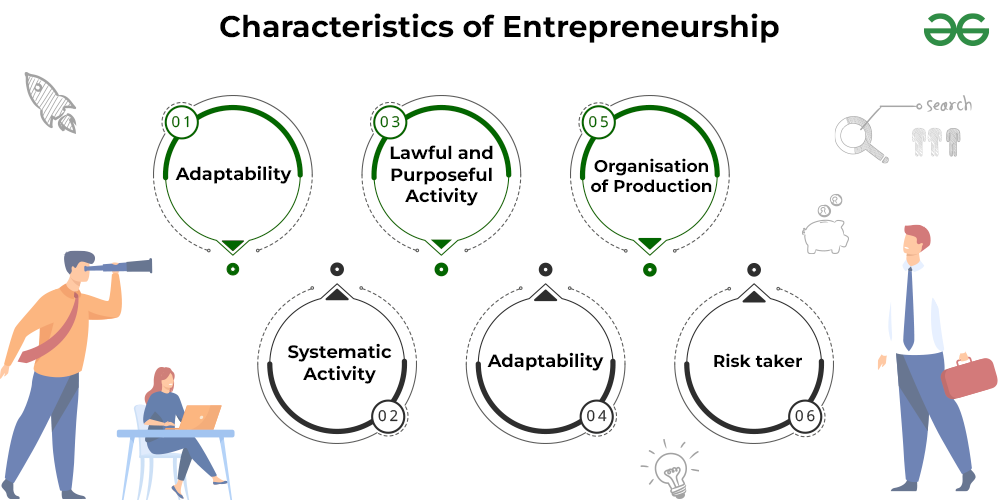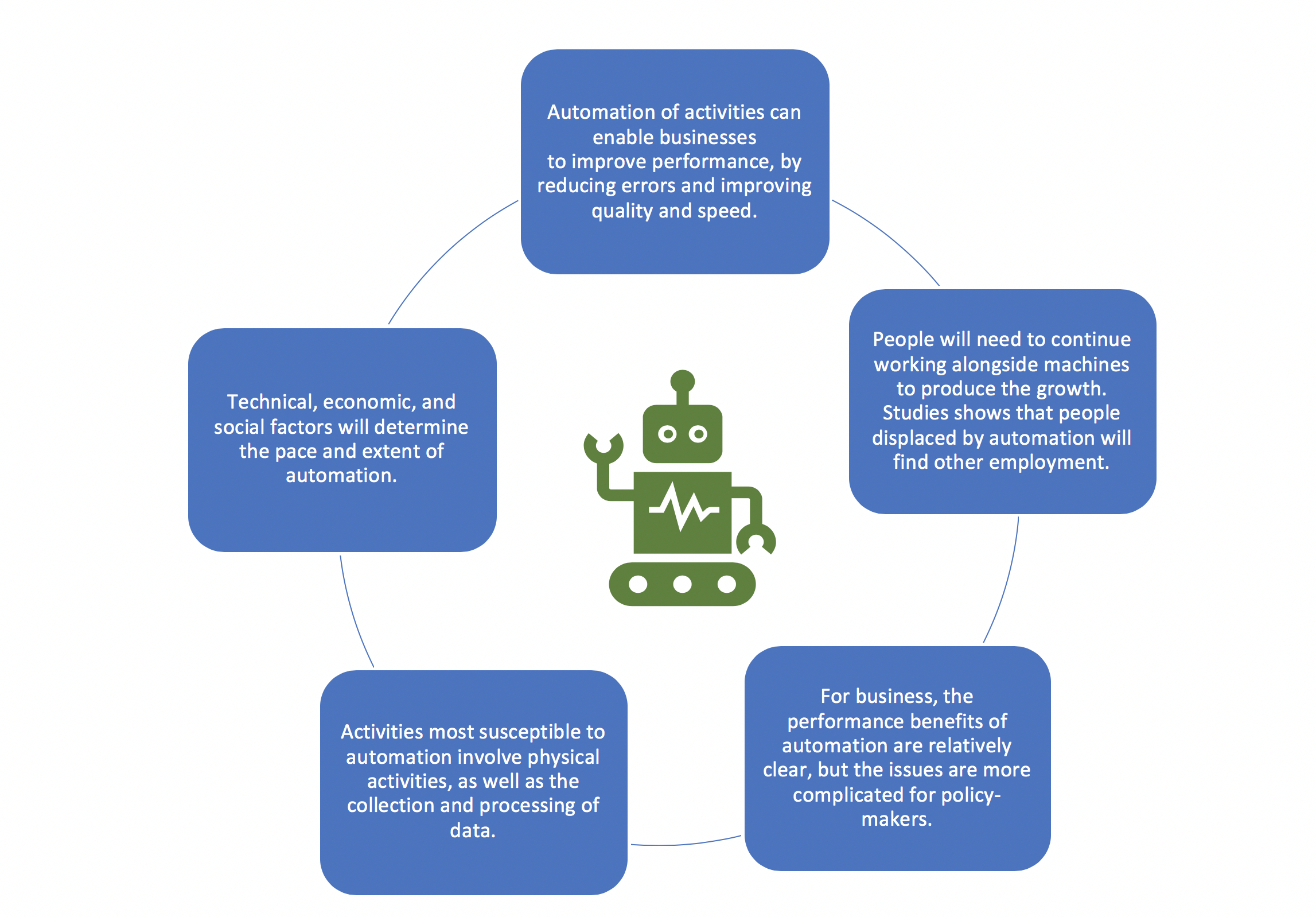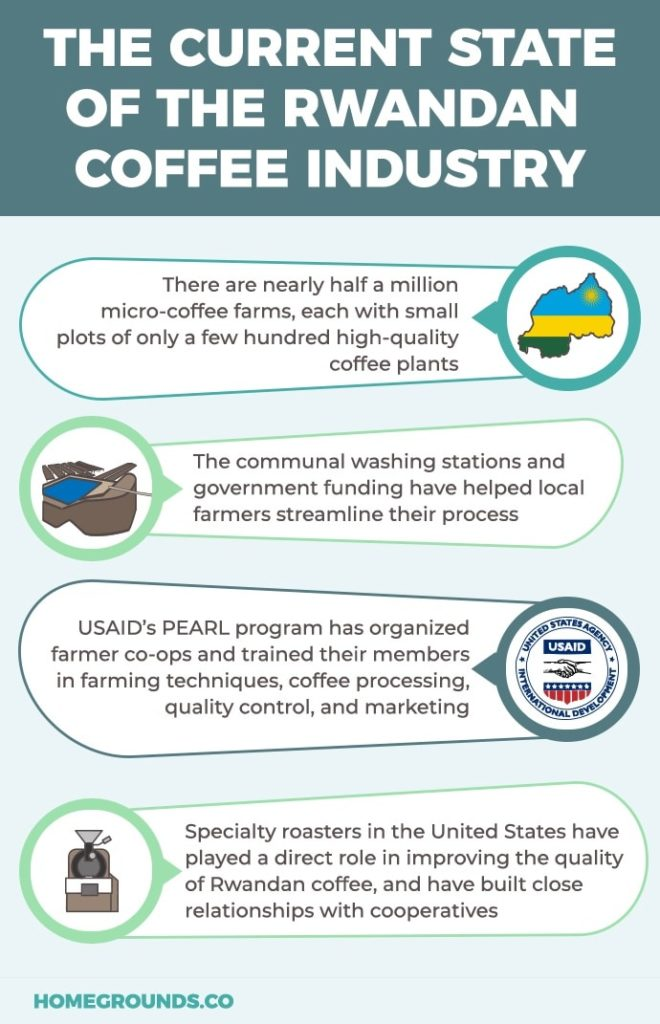Entrepreneurialism has become a defining force in the landscape of work and economy, shaping not just the way Americans approach their careers but their very identities. With figures like Erik Baker offering insightful critiques in “Make Your Own Job,” the impact of entrepreneurialism is evident as it redefines traditional employment models and fosters a modern entrepreneurial culture. From ride-share drivers to corporate innovators, today’s workforce sees people embracing a spirit of self-reliance and innovation, inspiring others to create their own opportunities. The history of entrepreneurialism in the United States reveals a dramatic shift from stability to a relentless pursuit of personal and professional fulfillment. As this wave continues to rise, understanding both its historical context and present implications is essential for navigating the complexities of American entrepreneurship.
The concept of entrepreneurial spirit isn’t limited to the actions of starting a business; it encompasses a broader ethos of innovation and resilience. Individuals are increasingly viewing self-employment and gig work as viable paths, reflecting a shift in societal values regarding work and achievement. Terms like ‘solopreneur’ and ‘intrapreneur’ have emerged, highlighting diverse approaches to generating income and pursuing one’s passions. This modern shift exemplifies a collective shift towards embracing risk and creativity, inviting many to redefine their understanding of success. As such, grasping the nuances of this evolving work culture is crucial for anyone looking to thrive in today’s dynamic economic environment.
The Evolution of Entrepreneurialism in America
Entrepreneurialism has undergone a profound transformation in the United States since its roots in the late 19th century. This transition was primarily fueled by structural changes in the economy, particularly during and after industrialization. As conventional manufacturing jobs waned, fueled by advancements in technology and the shift toward electrification, many Americans were compelled to seek new opportunities. This historical shift marked a significant change in how individuals perceived work, leading them towards self-employment and innovative ventures. Baker’s exploration highlights how this evolution was not merely about job creation, but about redefining the American work ethic itself.
The allure of entrepreneurialism began to set in during this era, where the ideology of ‘making your own job’ resonated deeply among those confronting unemployment. In this new landscape, individuals were encouraged to leverage their unique skills and passions rather than adhering to traditional employment paths. This cultural shift can be attributed to a growing sentiment that stability was no longer the ultimate goal; instead, fulfillment and self-actualization became paramount. By examining the past, Baker illuminates the essential characteristics of modern American culture, where entrepreneurial spirit reigns supreme.
The Impact of Entrepreneurialism on Employment
The impact of entrepreneurialism on employment dynamics cannot be overstated. As Erik Baker notes, during economic downturns like the Great Depression, the job market underwent significant transformations. Rather than waiting for traditional employment opportunities to emerge, individuals took initiatives to create jobs for themselves through freelance or entrepreneurial ventures. This shift not only provided financial relief but also introduced a new sense of agency among the workforce. As people began to embrace their entrepreneurial identities, they also shaped collective perceptions about work and success, leading to a cultural shift where self-employment was seen as a viable and desirable alternative.
Moreover, the rise of the gig economy showcases the continued influence of entrepreneurialism on contemporary job markets. Today, many people identify as solopreneurs or freelancers, capitalizing on technology to offer their skills in various sectors. However, this new paradigm does not come without its challenges. While it fosters independence and creativity, it also creates a precarious economic landscape where job security is often sacrificed for flexibility. As Baker articulates, the pressure to constantly innovate and adapt in the face of uncertainty can lead to heightened anxiety about work, illustrating the complex legacy of entrepreneurialism in shaping modern employment.
Understanding the Modern Entrepreneurial Culture
Modern entrepreneurial culture is characterized by an ethos of constant innovation and adaptability. As highlighted in Baker’s work, individuals now approach work with a mindset that equates success with personal satisfaction and self-determination. The cultural narratives that emerged, particularly during times of economic stress, have paved the way for a diverse array of entrepreneurs ranging from tech innovators to social media influencers. The acceptance of various entrepreneurial identities has democratized opportunities, enabling a broader segment of society to consider entrepreneurship as a feasible path.
However, the institutional support for this entrepreneurial culture doesn’t match the soaring aspirations of aspiring business owners. Educational frameworks and mentorship programs fall short in addressing the unique challenges faced by modern entrepreneurs. Baker argues that while society often glorifies the risks associated with starting one’s own business, it seldom acknowledges the comprehensive support needed for individuals to thrive. This gap creates a juxtaposition where individuals feel continually pressured to succeed, despite the lack of structural support that could help mitigate the risks associated with entrepreneurial ventures.
Lessons from ‘Make Your Own Job’
In his book ‘Make Your Own Job,’ Erik Baker provides insightful commentary on the socio-economic factors that have shaped American attitudes towards work and entrepreneurship. He underscores the importance of understanding that the cultural narrative surrounding entrepreneurialism has its roots in historical shifts, particularly during the late industrial era. Through this lens, Baker emphasizes the need to view entrepreneurship not just as individual agency but as a collective response to changing economic conditions. His analysis challenges conventional notions of work, urging readers to reflect on how their pursuits align with historical and cultural contexts.
Baker’s work serves as a crucial reminder that the path to self-employment is often laden with uncertainties and societal expectations. By examining the narratives from prominent self-help literature and historical milestones, he illustrates how the concept of entrepreneurialism has evolved and how individuals navigate these challenges. Ultimately, ‘Make Your Own Job’ encourages readers to critically engage with their own work choices while considering broader societal influences, making it an essential read for anyone looking to understand the complexities of modern work.
The Psychological Dimensions of Entrepreneurialism
Baker’s exploration of entrepreneurialism delves deep into the psychological implications of adopting an entrepreneurial identity. The notion of constantly striving for success and fearing failure can lead to high levels of stress and anxiety. As individuals embrace the idea of being their own bosses, they often find themselves in a relentless cycle of self-scrutiny, always measuring their worth against the societal benchmarks of success. This pressure to maintain a constant state of innovation can detract from the intrinsic joys of work, transforming what should be a fulfilling endeavor into a source of mental strain.
Moreover, the pervasive culture of comparison exacerbates these psychological challenges. With the rise of social media, entrepreneurs are constantly bombarded with images of success from their peers, leading to feelings of inadequacy and struggle. Baker effectively highlights that while entrepreneurialism promotes freedom and self-expression, it can also foster a toxic mindset where relaxation and personal satisfaction become secondary to achieving external validation. Understanding these psychological dimensions is crucial for aspiring entrepreneurs as they navigate their journeys and seek to maintain a balance between ambition and well-being.
Historical Perspectives on American Entrepreneurship
To grasp how entrepreneurialism has evolved in America, one must take a look back at its historical roots. The shift from traditional manufacturing to more innovative forms of work marked the beginning of a new entrepreneurial era. Baker traces this history, noting that after the first wave of industrialization, the inevitable drop in factory jobs pushed many towards self-employment as a solution to economic challenges. This pivot not only reshaped the workforce landscape but also influenced the very fabric of American identity, as individuals began to associate their worth with their ability to innovate and create job opportunities.
Furthermore, the historical context underscores the broader societal changes that have accompanied the rise of entrepreneurialism. The journey from the early 1900s to the present reveals a continual interplay between economic necessity and entrepreneurial creativity. As traditional industries declined, new sectors emerged, bolstered by the spirit of innovation and risk-taking that became hallmarks of American entrepreneurship. This historical perspective is vital for understanding the current landscape where entrepreneurialism is not just a trend but a fundamental aspect of American economic and cultural identity.
The Future of Entrepreneurialism in a Changing Economy
As we look toward the future, the landscape of entrepreneurialism continues to evolve amidst rapid technological changes and shifting economic paradigms. Baker emphasizes that the allure of entrepreneurship will remain strong, particularly as individuals seek fulfilling work in an increasingly gig-oriented economy. However, the challenges of sustainability and job security loom large over this hopeful narrative. Many aspiring entrepreneurs must navigate an unpredictable market, where the promise of creativity and independence often collides with the harsh realities of competition and economic fluctuations.
This dual reality suggests that the future of entrepreneurialism is likely to hinge on redefining success and support systems for aspiring business owners. Institutions must adapt to cultivate environments that not only promote innovation but also provide the necessary resources for entrepreneurs to thrive in a fluctuating economy. As Baker’s work highlights, the ongoing dialogue about the implications of entrepreneurialism will shape the way we approach work and economic development moving forward, emphasizing the need for resilience and adaptability in a rapidly changing world.
Challenges Faced by Modern Entrepreneurs
In the current entrepreneurial landscape, challenges abound, particularly for those who venture into self-employment. For many, the path to entrepreneurship is fraught with uncertainties, from securing funding to managing the everyday operational intricacies of running a business. Baker’s analysis reveals that while the narrative around entrepreneurialism often glorifies the idea of self-made success, the reality is marked by hurdles that can demotivate even the most driven individuals. Issues such as market saturation, technological disruptions, and regulatory challenges frequently impede the aspirations of new entrepreneurs.
Additionally, the emotional toll of entrepreneurship cannot be overlooked. The pressure to constantly innovate and stay competitive often leads to burnout and mental exhaustion. The culture of hustle promotes an unsustainable lifestyle that prioritizes work over personal well-being, a trend that Baker points out contributes to widespread anxiety among entrepreneurs. It is critical for aspiring innovators to recognize and address these challenges to foster a more sustainable and balanced approach to their entrepreneurial endeavors.
Navigating the Gig Economy: A New Entrepreneurial Landscape
The gig economy represents a significant evolution in how employment is perceived and pursued in the modern world. Baker discusses how this shift toward temporary and freelance work reflects broader changes in American values surrounding entrepreneurship. In this new landscape, individuals are more likely to embrace their entrepreneurial identities, taking on multiple gigs rather than seeking traditional full-time employment. This change is not only indicative of a desire for flexibility and autonomy but also serves as a response to economic instability, as many find themselves unable to secure stable jobs.
However, the rise of the gig economy also raises questions about employment rights and protections. Many gig workers lack access to benefits typically associated with full-time employment, such as healthcare and retirement plans, leaving them vulnerable to economic instability. As Baker points out, this precarious nature of gig work necessitates a reevaluation of how society supports its workers. Moving forward, discussions about entrepreneurialism must address the need for comprehensive policies that protect workers while fostering innovation.
Frequently Asked Questions
What is the history of entrepreneurialism in America?
The history of entrepreneurialism in America dates back to the late 19th century, marking a shift from traditional industrial jobs due to technological advancements. With the decline in manufacturing employment, Americans began embracing entrepreneurialism as a means of self-reliance and personal fulfillment, leading to the emergence of various forms of entrepreneurship.
How has the impact of entrepreneurialism shaped modern work culture?
The impact of entrepreneurialism has significantly reshaped modern work culture by promoting a mindset where individuals view themselves as creators of their own opportunities. The rise of side hustles, freelancing, and self-employment reflects a cultural shift towards valuing personal initiative and innovation, despite the pressures that come with this lifestyle.
What does Erik Baker’s book ‘Make Your Own Job’ say about entrepreneurialism?
In ‘Make Your Own Job,’ Erik Baker explores the evolution of entrepreneurialism in America, highlighting how social and economic changes have influenced individuals to adopt entrepreneurial mindsets. He argues that while entrepreneurialism offers opportunities, it also creates a relentless work ethic that can lead to anxiety and dissatisfaction.
How does entrepreneurialism relate to American entrepreneurship today?
Entrepreneurialism relates closely to American entrepreneurship today by emphasizing the importance of innovation, adaptability, and self-starting attitudes among individuals. The contemporary landscape shows a blend of traditional entrepreneurship with new forms where people utilize technology and social media to create businesses, enriching the entrepreneurial narrative.
What role does entrepreneurialism play in addressing economic challenges?
Entrepreneurialism plays a crucial role in addressing economic challenges by fostering resilience and creativity in the face of job scarcity and market changes. It encourages individuals to identify gaps in the market and leverage their unique skills to create viable businesses, thus contributing to economic recovery and development.
How has the perception of entrepreneurialism evolved over time?
The perception of entrepreneurialism has evolved from being seen solely as a means to create jobs during economic downturns to a celebrated lifestyle choice that defines success in modern society. This evolution is characterized by increased acceptance and recognition of various forms of entrepreneurship, from traditional businesses to gig work and personal branding.
What are some key characteristics of modern entrepreneurial culture?
Modern entrepreneurial culture is characterized by flexibility, innovation, and risk-taking. It often emphasizes collaboration, social responsibility, and the use of digital tools for marketing and sales, while also reflecting a heightened awareness of work-life balance issues stemming from the pressures of constant self-employment.
How does entrepreneurialism encourage personal development?
Entrepreneurialism encourages personal development by requiring individuals to continuously adapt, learn new skills, and push their boundaries. The quest for self-actualization often leads entrepreneurs to seek knowledge and experiences that promote growth, both personally and professionally.
| Key Points | Explanation |
|---|---|
| Definition of Entrepreneurialism | Refers to the shift in employment roles, where various individuals including business founders, ride-share drivers, and other gig workers are now seen as entrepreneurs. |
| Historical Context | The shift to entrepreneurialism began in the late 19th century in response to technological unemployment and job scarcity. |
| Impact of Economic Changes | Economic stress has historically increased the appeal of entrepreneurial ventures, particularly during the Great Depression. |
| Influence of Self-Help Literature | Books like ‘Think and Grow Rich’ promoted the idea of turning work into a calling, emphasizing personal skills and creativity. |
| Modern Implications | Current trends show an intertwining of fear regarding job security and perceptions of entrepreneurialism, leading many to view themselves as entrepreneurs. |
| Cultural Shift | The ethos of entrepreneurialism has extended beyond economic fields, with notable figures advocating for individualism and personal initiative. |
| Challenges of Entrepreneurialism | Despite its allure, the constant pressure of entrepreneurialism can lead to anxiety and a lack of work-life balance. |
Summary
Entrepreneurialism reflects a fundamental shift in how individuals interact with the world of work, with many now identifying as entrepreneurs regardless of their job title. This ideology has gained momentum since the late 19th century, particularly as economic changes have prompted a reevaluation of traditional employment. As individuals navigate the complexities of modern job markets, the quest for personal fulfillment through entrepreneurial ventures has never been more relevant. However, this constant race for success can often lead to burnout and stress, underlining the paradox of seeking freedom in entrepreneurial pursuits.



